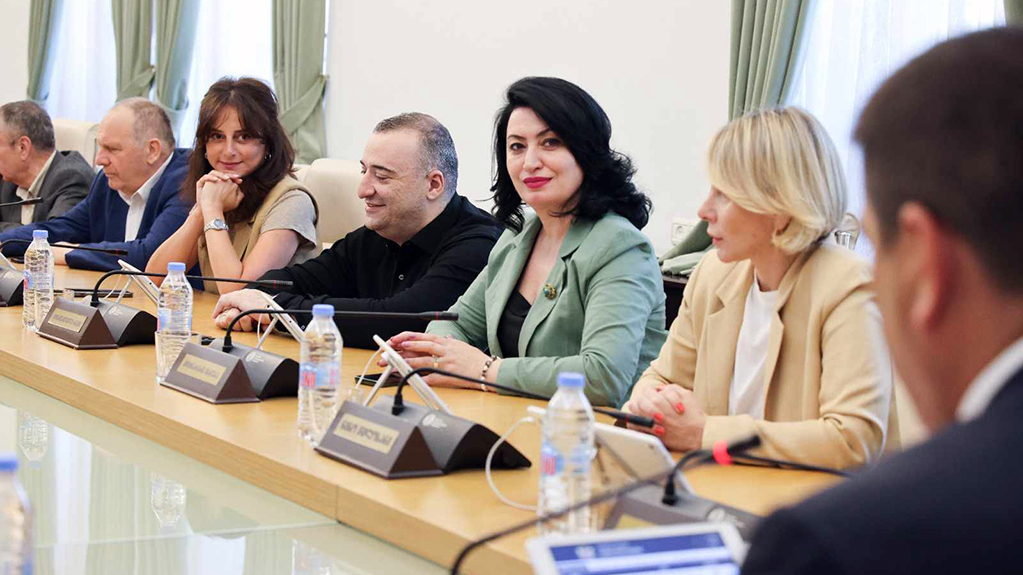The Office for Democratic Institutions and Human Rights (ODIHR) of the OSCE assessed the elimination of quotas for women in electoral lists negatively. In their legal opinion, it was stated that this constitutes a setback in terms of advancing gender equality in Georgia, as it fails to adhere to international human rights standards and OSCE commitments aimed at combating discrimination against women in political and public spheres.
News
“Quota systems aimed at accelerating de facto equality were a part of the Georgian electoral system and were gradually leading to increased women’s representation in the country. There is no evidence to suggest that the abolition of gender quotas was necessary either for reasons of constitutionality, compliance with international obligations, ineffectiveness or because they were no longer necessary.
While the gender balance in the national parliament was slowly but gradually improving, also as the result of the introduction of the mandatory gender quota in 2020 and financial incentives, it still remains low compared to other countries in the OSCE region and does not reach the targets provided by international and regional standards and recommendations.
On the contrary, the abolition of electoral gender quotas does not appear consistent with the constitutional obligation to adopt special measures to ensure the substantial equality of men and women and to eliminate inequality,” the conclusion reads.
OSCE/ODIHR highlighted that the proponents of repealing gender quotas failed to conduct a thorough analysis of how this mechanism operates, nor did they justify the necessity for its cancellation in their explanatory note.
“Following the 2020 elections, women currently represent a mere 19.3% of MPs in Georgia, which is well below the global average of 27.0% and ranks the country #122 of 190 parliaments monitored by the Inter-Parliamentary Union (IPU).37 This figure is also one of the lowest in the OSCE region, with only Romania (19.2%), Bosnia and Herzegovina (19.1%), Azerbaijan and Mongolia (18.1%), Russian Federation (16.4%), Hungary (14.6%) and Cyprus (14.3%) having a lower proportion of women MPs.”
Furthermore, the conclusion addresses procedural flaws, notably the cancellation of gender quotas without the participation and consultation of all relevant stakeholders.
“The amendments were also enacted in close temporal proximity to the election, which is scheduled for 26 October 2024 challenging the principle of stability of electoral legislation,” the conclusion states.
OSCE/ODIHR recommends that authorities, in accordance with Georgia's international obligations, urgently take measures to introduce effective temporary special measures to eliminate discrimination against women in public and political life. The OSCE/ODIHR report was prepared based on an appeal from the Public Defender of Georgia.
The amendments to the Election Code, initiated by Girchi and proposing the abolition of women's quotas, were swiftly considered by Parliament over a four-day period and adopted in their final third reading on April 4. The President vetoed these changes, with Salome Zurabishvili condemning the abolition of gender quotas as a regression in Georgia's path towards European integration. On May 15, Parliament overrode the President's veto with 87 votes.
Fourteen female deputies from Georgian Dream, including Nino Tsilosani, Chair of the Permanent Parliamentary Council for Gender Equality, supported the cancellation of women's quotas.
In 2020, Georgian Dream itself amended the Election Code to mandate that party lists include at least one woman for every four candidates. In February 2023, again at the initiative of Georgian Dream, the gender quota rule was extended until 2032, applying also to municipal councils where at least one out of every three candidates on party lists must be a woman.















